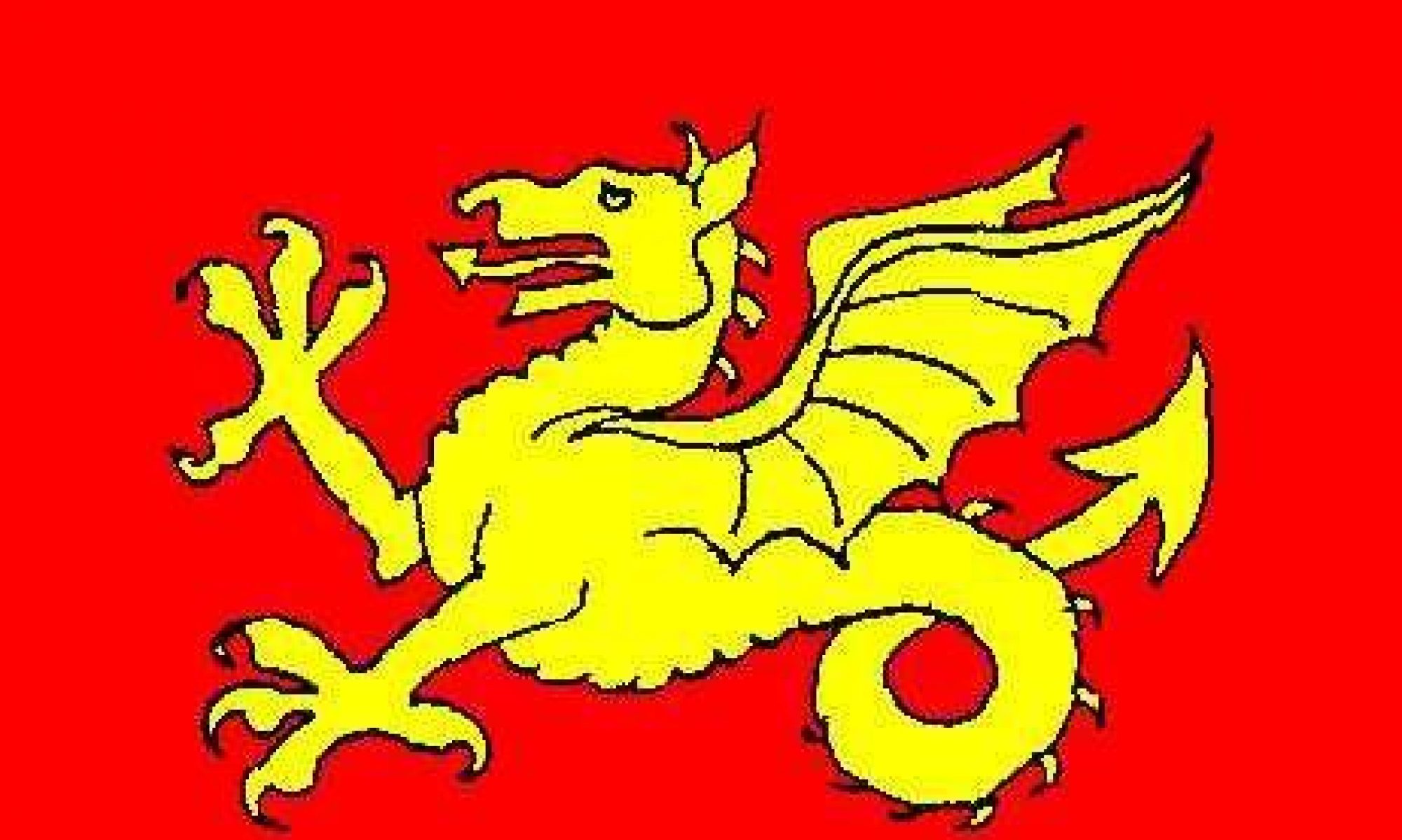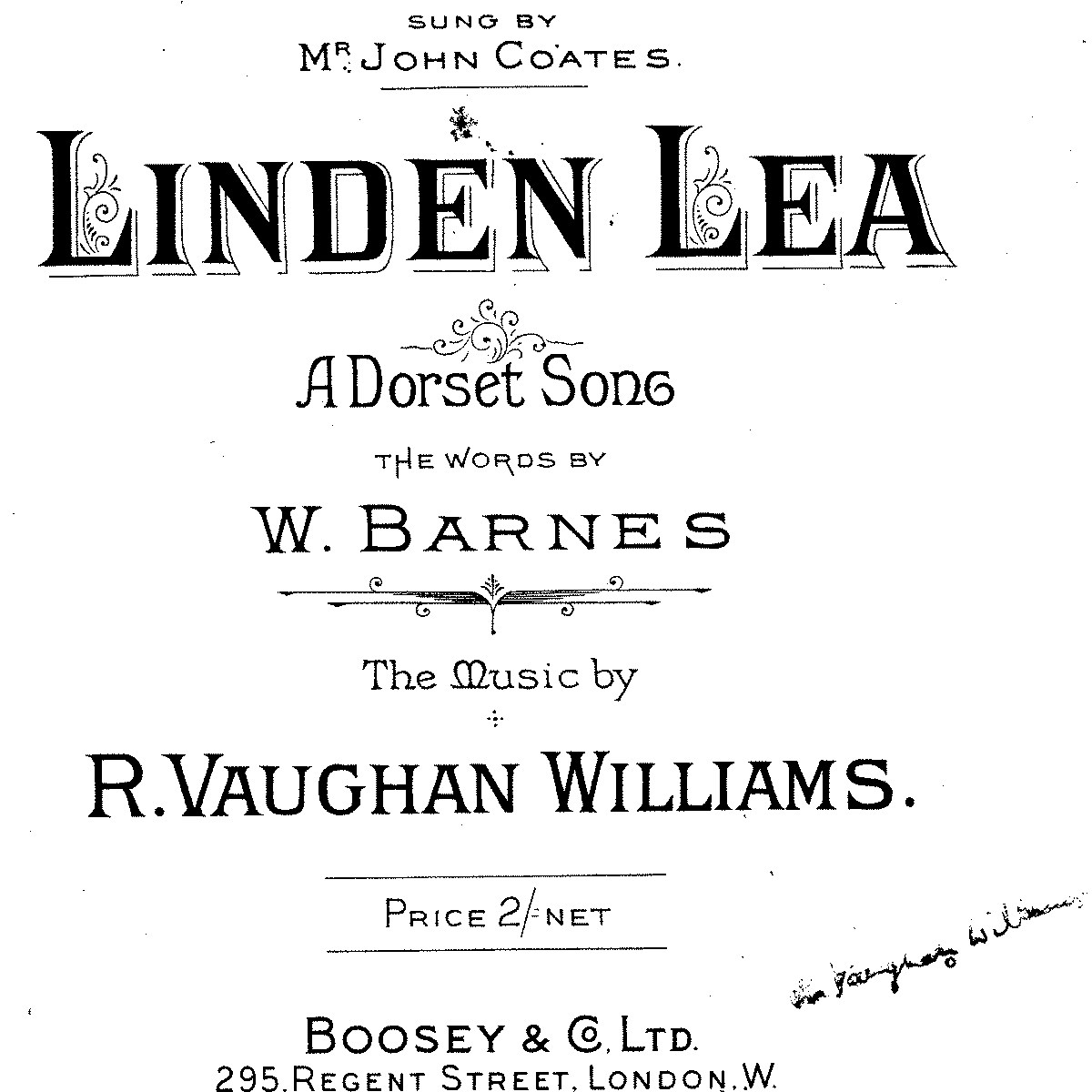The 19th and early 20th centuries saw a vogue for nationalism in music. The rise in nationalist sentiment following the French revolution saw itself reflected in a number of composers rediscovering their own national musical traditions. These included Bela Bartok in Hungary, Jean Sibelius in Finland and Edvard Grieg in Norway. England was no exception. and three of its most important exponents came from Wessex.
Hubert Parry (1848-1918) was born in Bournemouth, and is best known for setting William Blake’s poem Jerusalem to music. Contrary to popular belief, the poem was not based on the legend of Jesus visiting Glastonbury, as this was a late Victorian invention, and post-dated Blake.
Ralph Vaughan Williams (1872-1958) from Down Ampney in Gloucestershire, was at the forefront of the English folksong revival of the early 20th century. Down Ampney is also the name of a hymn tune composed by Vaughan Williams, though he himself was an agnostic.
Gustav Holst (1874-1934), born in Cheltenham, also absorbed Wessex folk songs into his work. Whilst his best-known work by far is The Planets, he also wrote the orchestral pieces A Somerset Rhapsody and Egdon Heath, the latter subtitled A Homage to Thomas Hardy.
An honourable mention should also go to Percy Whitlock (1903-1946), who composed a Wessex Suite.

